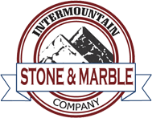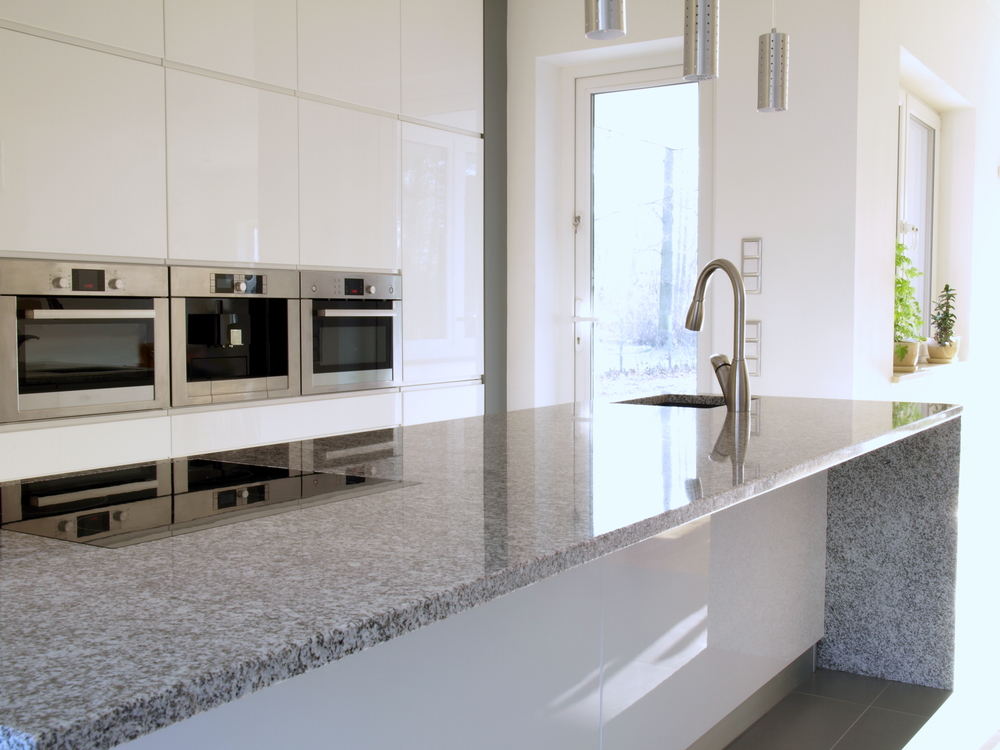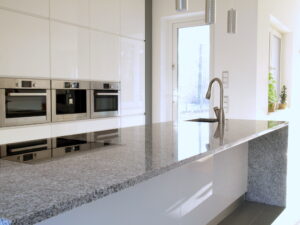Like other natural stones, granite is a product known for being durable. It lasts for decades, providing multiple areas of your home with beautiful and functional surfaces, but it’s important to note that like any natural stone product, it’s still susceptible to damage from certain sources.
At Intermountain Stone & Marble, we can help you understand one of the primary damage risks for our granite countertops: A process called etching. What is etching, why does it happen, and how can you go about avoiding this risk on any of your granite surfaces? Let’s take a look at everything you need to know about granite etching.
Etching Basics and Causes
Granite is one type of what’s known as an igneous rock, one created by volcanic action and the melting of rocks within the earth’s crust. Within this, granite has an alkaline composition – this means it’s vulnerable to being exposed to acidic substances.
When acid contacts a granite surface, etching is the common result. As long as there’s enough time for the acid to dissolve some minerals on granite, it can lead to
Finish Type
It’s important to note that the visible effects of etching may vary depending on the finish type of your granite surface. If you have a polished finish, etching will be most visible. For countertops with a matte, honed finish, however, the visible effect might be a bit less obvious.
Our next sections will go over preventing etching from taking place on your granite surfaces:
Cleaner Use
When cleaning your granite and other surfaces, one good way to avoid any risk of etching is to avoid any products that are highly acidic.
Instead, focus on cleaners specifically made for natural stones like granite. In most cases, you can even just use mild dish soap. Both these products will have neutral acidity and pH levels, which don’t risk etching on your surfaces.
Food Preparation
We always recommend using a cutting board or some other kind of barrier between the granite countertop and your food preparation. This is especially true if you’re working with any acidic fruits or juices, or with items like coffee, wine, soda and others that may be acidic.
Repairing Etching Damage
In some cases, the damage from
For more on avoiding etching concerns on your granite countertops, or to learn about any of our quartz or marble options or how we can help with a kitchen remodel, speak to the pros at Intermountain Stone & Marble today.


